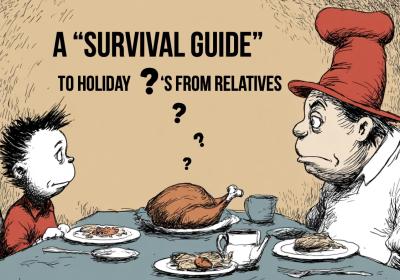
Comment: How I cope with social anxiety
Just a year ago, I was diagnosed with both adaptive anxiety and panic disorder. I have experienced social anxiety in the past, however, I experienced an increase after I was diagnosed — especially after returning to campus this fall.
When I received my diagnosis, my doctor explained adaptive anxiety to me as the inability to adapt to new surroundings as you are used to your previous or current surroundings.
According to the Anxiety and Depression Association of America, people with panic disorder experience an “out-of-the-blue panic attack and are very preoccupied with the fear of a recurring attack.”
While it can be difficult to manage symptoms of anxiety and panic disorders, like social anxiety, I have found ways to cope and become more open and comfortable talking to students, faculty and staff at CSU.
On the first day of the fall semester, I walked into the Student Center building and asked one of the students if they knew where a classroom was. I then started to panic — my voice cracked, my heart was pounding and I started to shake.
This is what a panic attack induced by social anxiety looks like for those who are diagnosed with anxiety and panic disorder. It is worse for some as there are a variety of symptoms such as “a sense of impending doom or danger; fear of loss of control or death; rapid, pounding heart rate; [and] sweating.” To view the complete list of symptoms, visit the Mayo Clinic.
Social anxiety is not something you can pick yourself up and move on from. This can go from a level of consistent shaking and anxiousness to having the urge to self harm in a matter of seconds. According to Good Therapy, social anxiety is caused by "intense fear or worry of being judged by others. Studies have shown that this type of anxiety has a high likelihood of leading to self harm behaviors."
Social anxiety can be hard to manage, and while the truth about social anxiety may be scary, it is not always severe.
There are various ways to cope and manage anxiety and panic disorder:
- Support network: Having a friend or family member by your side can ease the burden of thoughts that are weighing you down. Once your mind is clear, this will give you enough time to start a plan to help you move forward.
- Journaling: Keeping a journal to write your thoughts out is something that is proven to help. According to the University of Rochester Medical Center, journaling can help balance your mood and level out your symptoms by “helping you prioritize problems, fears, and concerns, tracking any symptoms day-to-day so that you can recognize triggers and learn ways to better control them, [and] providing an opportunity for positive self-talk and identifying negative thoughts and behaviors.”
- Putting yourself out there: The last thing I found helpful is talking to people. As students coming from a university background, you will always meet new people and make friends you feel comfortable around. I’ve always had a hard time making friends until I started opening up and talking to people more to get to know them.
There are several resources and organizations on campus to help students, faculty and staff that are in need of assistance such as the health and wellness services.
If there are any students, faculty or staff members that need to talk, the Counseling Center can help. The website has various other resources such as phone numbers to the National Suicide Prevention line and the Mental Health Crisis line or call 911 in the case of an emergency.


